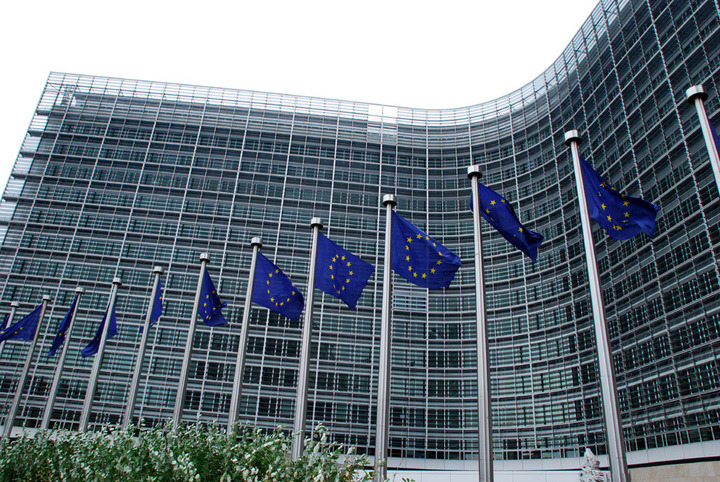Apple and a cadre of other tech companies are fighting the European Union's so-called "Cookie Law," lobbying the organization for more refined laws that aim to strike a balance between user privacy and data collected by providers.
The filing, submitted just hours before a July 5 public comment deadline, states that a similar law, the General Data Protection Regulation (GDPR), should be the framework for "a comprehensive set of horizontal rules ensuring high levels of data protection" for citizens of the EU. The parties would prefer the GDPR over expansion of the widely criticized ePrivacy Directive.
"We believe that simplifying and streamlining regulation will benefit consumers by ensuring they are provided with a simple, consistent, and meaningful set of rules designed to protect their personal data," the industry group said http://www.gsma.com/newsroom/press-release/empowering-trust-innovation-repealing-e-privacy-directive/">in its statement. "At the same time, it will encourage innovation across the digital value chain and drive new growth and social opportunities. This is critical at a time when digital companies are striving to launch new innovative services and working to build a 5G Europe."
The ePrivacy Directive, effective May 26, 2012, is an attempt to regulate a number of internet-specific issues, including confidentiality of user information, how data is handled and retained by providers, spam regulation, and browser cookie implementation under one law. Many of the provisions in the ePrivacy Directive overlap other EU laws and policies, such as the GDPR.
The public comment period on the ePrivacy Directive was querying respondents to see if widening the law to voice-over-IP, and social media networking was appropriate. The disseminated questions about the law also asked about if there should be updated legislation on personal data breaches, location data, and further protections on privacy of various communication methods on the Internet.
The industry group is seeking as yet unspecified "appropriate legal instruments" rather than continuation of the wide-reaching ePrivacy Directive.
The coalition includes Apple, Amazon, BT, Blackberry, Dropbox, eBay, Facebook, Fastnet, Foursquare, Google, Huawei, LinkedIn, Microsoft, Netflix, Orange, Paypal, T-Mobile, TalkTalk, Telefonica, Three, and Vodafone.
 Mike Wuerthele
Mike Wuerthele








 Wesley Hilliard
Wesley Hilliard
 Malcolm Owen
Malcolm Owen
 Andrew Orr
Andrew Orr
 William Gallagher
William Gallagher
 Sponsored Content
Sponsored Content
 Christine McKee
Christine McKee

 Thomas Sibilly
Thomas Sibilly







29 Comments
The cookie thing is a pain in the butt.
Apple fighting the good fight against tracking cookies. Once again differentiating themselves from greedy companies like Google who want all the private data they can get.